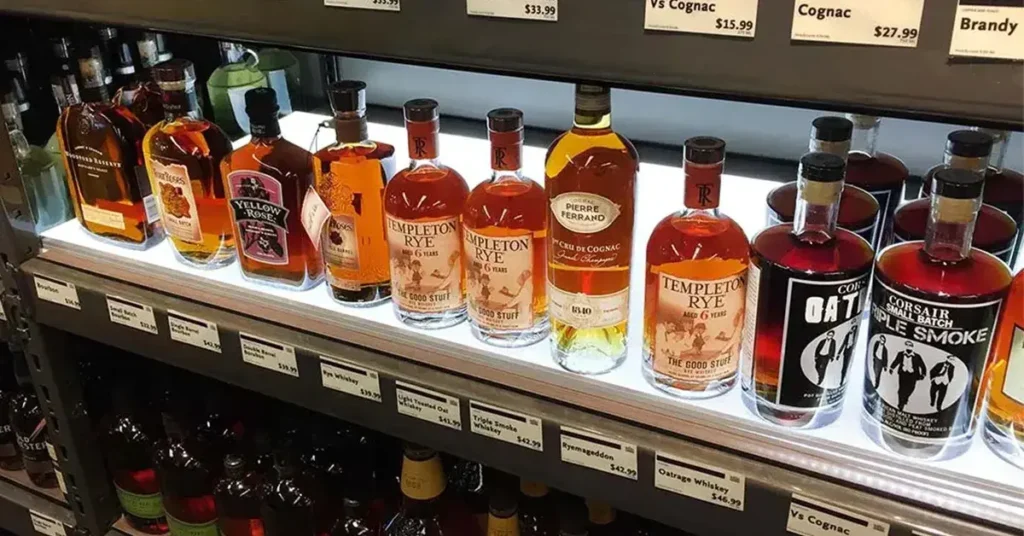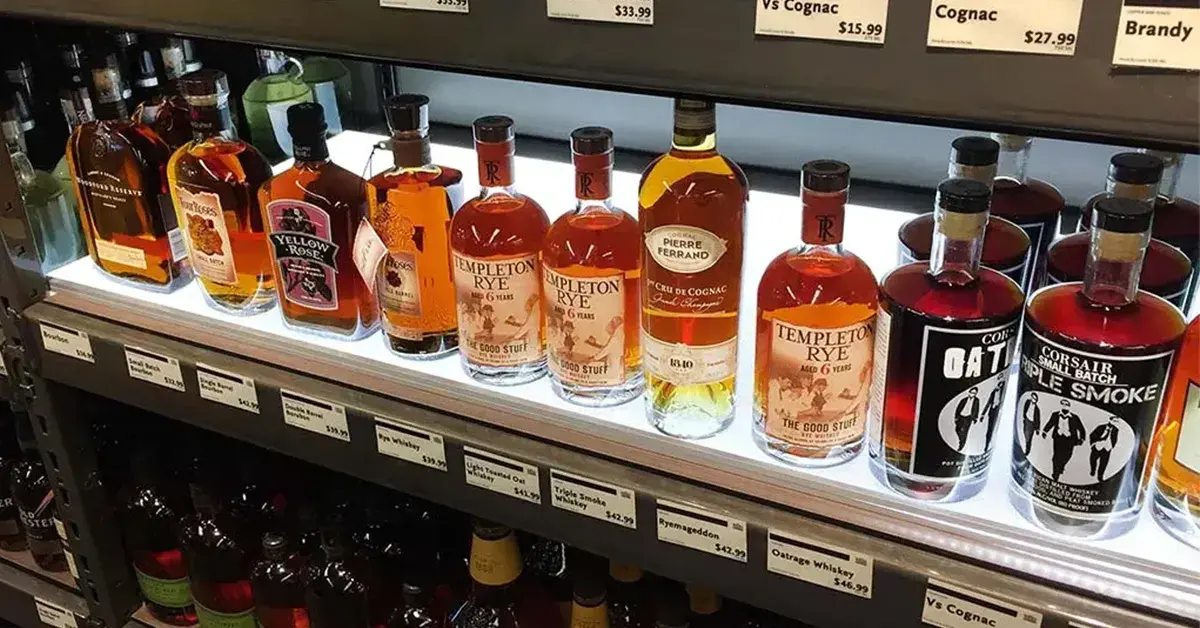
The Telangana Excise Department has received an overwhelming 491 applications for just 19 liquor shop licenses across the state, reflecting the strong interest in the newly opened retail allotment process. The response highlights both the profitability of the liquor trade and the state’s stringent regulatory framework governing excise operations.
Key Details
According to excise officials, the applications were invited under the Telangana (Regulation of Sale of Liquor) Rules, as part of the department’s periodic licensing cycle. The new outlets are being established in areas where demand for retail liquor sales has increased, ensuring better accessibility and revenue optimization for the state government.
The draw of lots to allot the shops will be conducted transparently in the presence of excise officials and local authorities. Applicants were required to submit a non-refundable application fee and comply with detailed eligibility conditions, including financial background checks, proof of property ownership, and adherence to zoning and distance regulations from schools and religious places.
Officials noted that the high number of applications — over 25 per shop — underlines the continuing growth of Telangana’s alcohol retail sector, which contributes significantly to the state’s revenue.
Policy and Economic Impact
The excise department’s data indicates that liquor sales continue to be one of Telangana’s top sources of income, generating substantial funds for state welfare and infrastructure projects. To maintain transparency and avoid monopolistic practices, authorities are ensuring digital documentation, GPS-based shop tracking, and compliance audits for all licensees.
Industry experts suggest that this year’s allotment process may serve as a model for efficient excise governance, combining digital transparency with revenue assurance.
India Advocacy Insight
The surge in applications reflects the robust demand and regulatory confidence in Telangana’s excise system. With transparent selection procedures and strict compliance norms, the state aims to balance economic interests with responsible retail practices, reinforcing its commitment to fair trade, governance, and sustainable revenue management.
![]()




